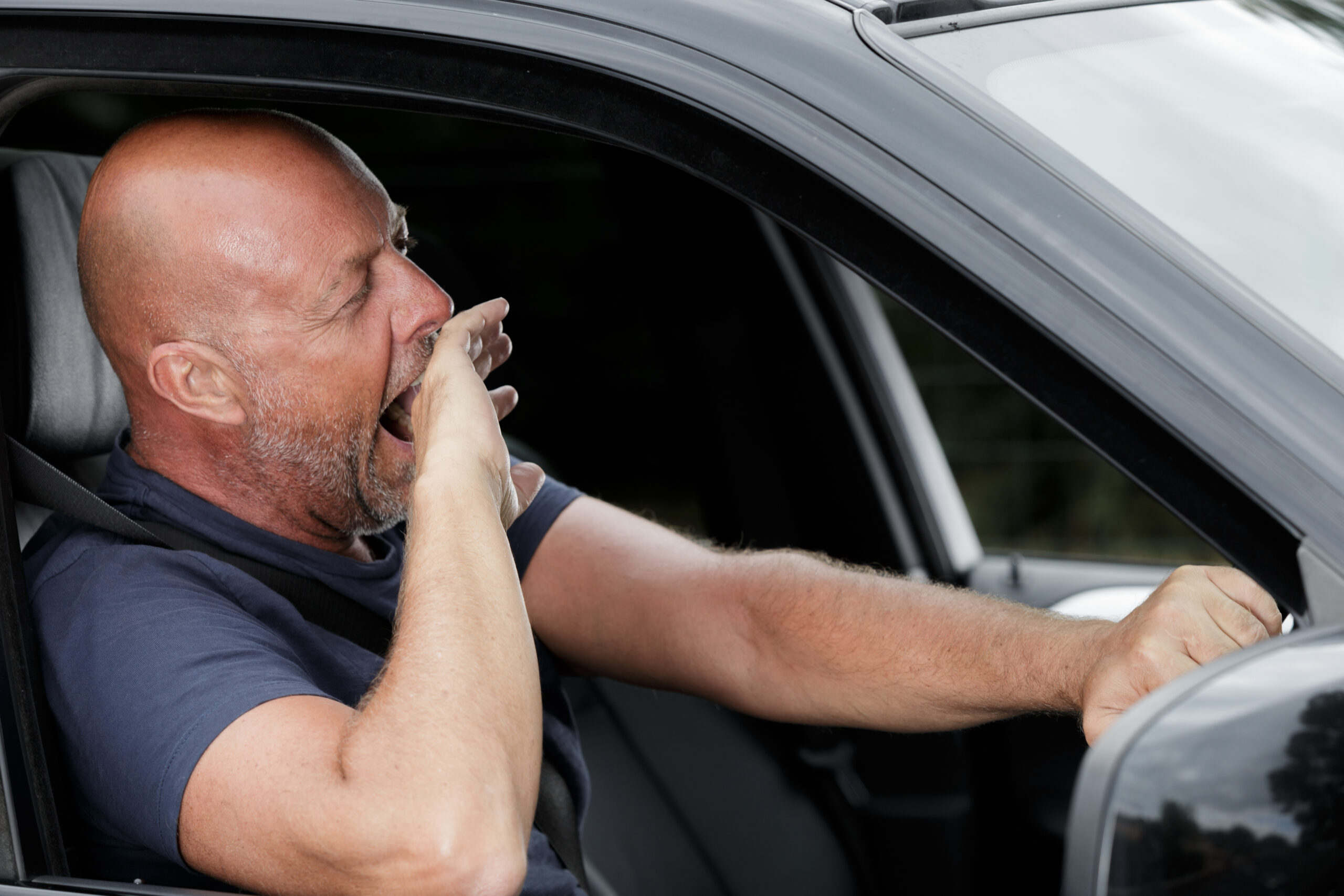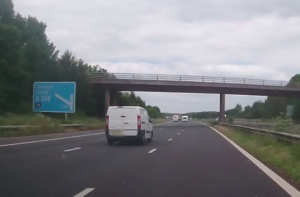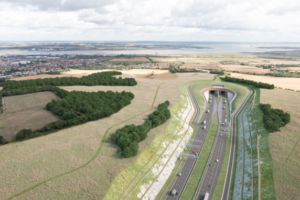Tiredness is even more dangerous for drivers than drink and drugs, a sleep scientist has warned. Prof Steven Lockley, an expert in sleep and circadian rhythm research at the University of Surrey, has urged holidaymakers to be conscious of driving at night or continuing to drive while tired.
National Highways said there is a 59% rise in fatigue-related deaths between June to August, than from December to February.
It has launched a summer campaign called Trip (Top-up, Rest, Inspect and Prepare) to warn drivers to make sure they are well rested ahead of long journeys, says the BBC.
National Highways said fatigue is a factor in 13% of deaths and serious injuries between 7pm and 6.59am in the UK.
The Department for Transport reported that 18% of road deaths were caused by drink driving in 2022, while drug driving deaths made up 19% in the same period.
Prof Lockley, from the university’s Sleep Research Centre, said: “Getting into a car sleepy, or continuing to drive when you are sleepy is something you can avoid doing.
“It’s something we really should take more seriously as a society.”
National Highways is advising drivers to top up their vehicles with fuel, water and oil, take a rest every two hours, inspect tyres and lights, plan journeys ahead, and check traffic and weather forecasts.
Prof Lockley has also urged anyone travelling long distances to drive during daylight, take breaks every two hours and have at least two nights of sleep before setting off.
He added being exposed to bright indoor lights and having caffeine “little and often”.
He said: “If you’re yawning it’s time to stop. A yawn is even too late.”
A third of drivers admitted they drive for longer than the recommended two hours, according to a poll by National Highways and Ipsos UK.
























